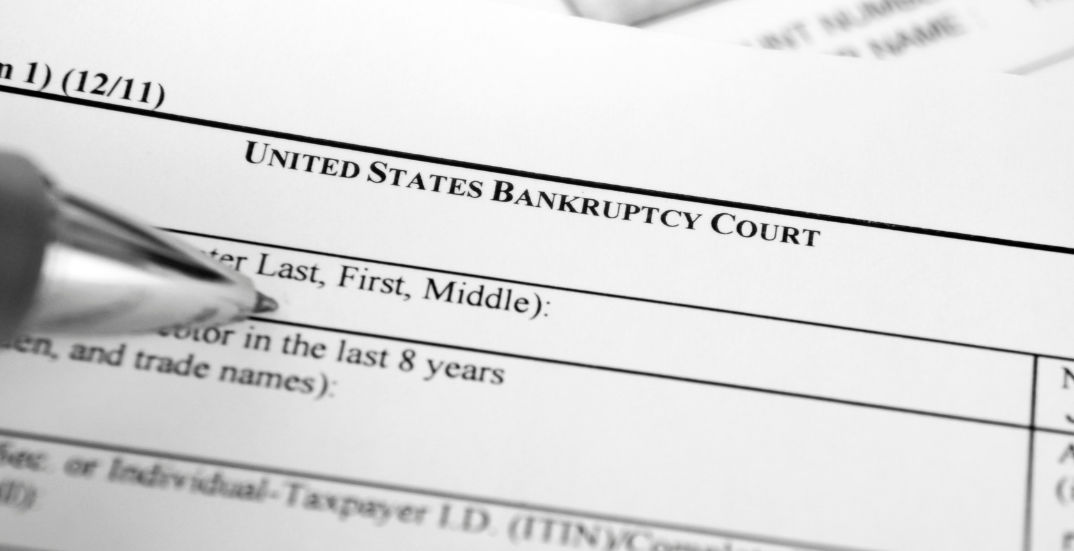




Facing foreclosure, wage garnishment, or overdue bills? Our Wisconsin bankruptcy lawyers help you create manageable repayment plans and avoid asset loss through Chapter 13 protection.
For over 20 years, Debt Advisors Law Offices has provided trusted bankruptcy counsel throughout Milwaukee, Kenosha, Madison, Green Bay, Sheboygan, and Oshkosh. We’re committed to helping individuals and families rebuild their financial future.
Use our secure form to request your free consultation.
Chapter 13 bankruptcy is a form of debt reorganization. Unlike Chapter 7, it doesn’t involve selling your property. Instead, it allows you to create a court-approved repayment plan to pay off part or all of your debts over three to five years. This option is especially useful for individuals with regular income who want to prevent foreclosure, catch up on missed mortgage payments, or stop vehicle repossession.
In Wisconsin, Chapter 13 also puts an automatic stay on creditor actions—including collection calls, wage garnishments, and lawsuits. Once your repayment plan is in place, most unsecured debts like credit card balances and personal loans may be reduced or eliminated at the end of the term.
This type of bankruptcy is ideal for:
Our attorneys help Wisconsin residents restructure their finances legally and effectively—without losing everything they’ve worked for.
Find out if Chapter 13 is right for you—request a free consultation today.
To qualify for Chapter 13 bankruptcy, you must meet a few core requirements. The process is built for individuals with a steady income who can repay debts over time.
You must show that you can afford monthly payments based on your income and essential expenses. If your income is too low to maintain a repayment plan, Chapter 7 may be a better fit.
You must not have had a Chapter 13 case dismissed in the past 180 days due to willful noncompliance or fraud.
Quick Eligibility Checklist:
If you answered “yes” to most of the above, you may be eligible.
Schedule a free review with Debt Advisors Law Offices. We’ll confirm your eligibility and guide you through the next steps.
Filing for Chapter 13 bankruptcy in Wisconsin follows a structured, court-supervised process that typically lasts three to five years. Here’s how it works:
Step-by-Step Timeline
We handle everything—from paperwork to court appearances—ensuring compliance with all Wisconsin-specific rules.

One of the biggest advantages of Chapter 13 bankruptcy is that you typically don’t have to give up your assets. Unlike Chapter 7, where non-exempt property may be liquidated, Chapter 13 allows you to catch up on overdue debts while retaining your home, car, and other valuables.
These exemptions apply whether you choose Wisconsin’s state system or the federal exemption system—your attorney will help you select the option that protects the most.
How We Help
At Debt Advisors Law Offices, we tailor your Chapter 13 plan to maximize exemptions while prioritizing your most essential assets. Our goal is to help you get out of debt without losing what matters most.
When filing for Chapter 13 bankruptcy in Wisconsin, experience matters. At Debt Advisors Law Offices, we’ve helped thousands of clients restructure their debt while protecting their homes, vehicles, and wages. For over 20 years, our firm has provided personalized, effective bankruptcy services backed by a proven track record.
Why Clients Choose Us
From Madison to Kenosha, Oshkosh to Sheboygan, our attorneys deliver hands-on legal support throughout every stage of the Chapter 13 process. We don’t just file your paperwork—we create a clear strategy to help you protect your assets, reduce your stress, and rebuild your financial life.
With multiple offices across the state, Debt Advisors Law Offices makes Chapter 13 bankruptcy support accessible no matter where you live in Wisconsin. Each location is staffed by experienced bankruptcy attorneys who understand the unique challenges faced by individuals and families in their local communities.
📍 Find Your Nearest Office
Explore our locations and schedule your free consultation.
We understand that filing for Chapter 13 can feel overwhelming. Here are answers to some of the most frequently asked questions from our Wisconsin clients:
Chapter 13 typically takes three to five years, depending on your court-approved repayment plan. Once complete, any remaining eligible debt is discharged.
Yes. Chapter 13 allows you to keep your home and vehicle as long as you stay current on your repayment plan and mortgage or car loan.
The plan covers mortgage arrears, car loans, taxes, credit cards, medical bills, and personal loans. Priority debts (like taxes and child support) are paid first.
Yes. Filing initiates an automatic stay that stops foreclosure, repossession, and most creditor actions immediately.
Absolutely. Filing jointly can protect marital property and may simplify your financial restructuring if both spouses are in debt.
It remains on your report for up to 7 years, but many clients start rebuilding credit within 12–18 months by paying bills on time and using secured credit tools.
You can request plan modifications. If your income drops significantly, courts may approve a lower payment or convert the case to Chapter 7 if eligible.

Filing for Chapter 13 bankruptcy can be the turning point in your financial journey. With a structured repayment plan, you can stop creditor harassment, avoid foreclosure, and keep your most important assets—all while working toward a debt-free future.
At Debt Advisors, our experienced attorneys provide clear, compassionate guidance tailored to your situation.
Schedule your free, no-obligation consultation online today.